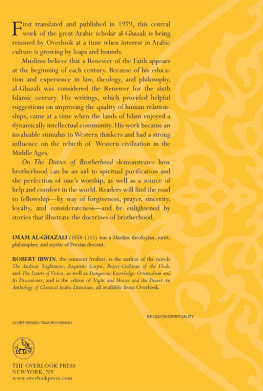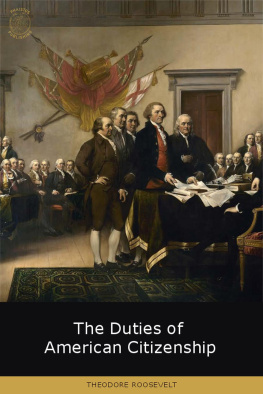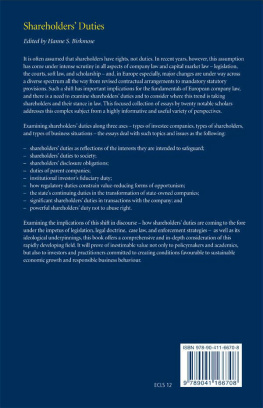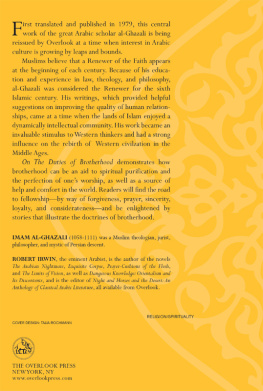Justice in a Globalized World:
A Normative Framework
Laura Valentini
 (p.iv)
(p.iv)
- Great Clarendon Street, Oxford OX2 6DP
- Oxford University Press is a department of the University of Oxford.
- It furthers the University's objective of excellence in research, scholarship,
- and education by publishing worldwide in
- AucklandCape TownDar es SalaamHong KongKarachi
- Kuala LumpurMadridMelbourneMexico CityNairobi
- New DelhiShanghaiTaipeiToronto
- ArgentinaAustriaBrazilChileCzech RepublicFranceGreece
- GuatemalaHungaryItalyJapanPolandPortugalSingapore
- South KoreaSwitzerlandThailandTurkeyUkraineVietnam
- Oxford is a registered trade mark of Oxford University Press
- in the UK and in certain other countries
- Published in the United States
- by Oxford University Press Inc., New York
- The moral rights of the author have been asserted
- Database right Oxford University Press (maker)
- All rights reserved. No part of this publication may be reproduced,
- stored in a retrieval system, or transmitted, in any form or by any means,
- without the prior permission in writing of Oxford University Press,
- or as expressly permitted by law, or under terms agreed with the appropriate
- reprographics rights organization. Enquiries concerning reproduction
- outside the scope of the above should be sent to the Rights Department,
- Oxford University Press, at the address above
- You must not circulate this book in any other binding or cover
- and you must impose the same condition on any acquirer
- British Library Cataloguing in Publication Data
- Library of Congress Cataloging in Publication Data
- Typeset by SPI Publisher Services, Pondicherry, India
- Printed in Great Britain
- on acidfree paper by
- MPG Books Group, Bodmin and Kings Lynn
Dedication
(p.v) For mamma, pap, and Christian
(p.vi) Acknowledgements
I began to work on this manuscript in the autumn of 2005, when I was a first-year PhD student. Since then, I have accumulated a giant debt of gratitude towards my mentors, colleagues, family, friends, favourite coffee shops, and chocolatiers. The list of those who have supported me is very long, and the space in which to thank them is very small. What follows only begins to convey how grateful I am to all of them.
I first started to think about global justice as an undergraduate student at the University of Pavia, where I was taught by Ian Carter. Ian was a most attentive supervisor back in Pavia, and is now a much-cherished friend and continued source of intellectual inspiration. I would be glad if my work were half as rigorous as his! I then moved to UCL, where I spent four enjoyable and fruitful years as a graduate student. I am indebted to many of my fellow PhD students, for their friendly support and engagement with my work, and to my supervisor, Ccile Laborde, from whom I have learnt a tremendous amount. She has always managed to strike the right balance between criticism (of outstanding quality) and support, and I would feel very proud of myself if one day I became as good a mentor as she was for me. I also want to express my sincere gratitude towards Bob Goodin, who invited me to spend a few months at the Australian National University (ANU) in 2007 and 2009. I have benefited immeasurably from the time spent at the ANU, with its unique combination of rigorous philosophy and friendly socializing, and from Bobs generous advice and unfailing support over the years. While in Australia, I had the opportunity to collaborate with Christian Barry, who was a great co-author, and with whom I have had many helpful discussions on international ethics. I am grateful to my PhD examiners, David Miller and Jonathan Wolff, for their feedback and encouragement, to three anonymous readers for Oxford University Press, who have provided detailed and thoughtful reports on the books penultimate draft, and to Dominic Byatt for overseeing the editorial process. The book reproduces portions of already published work of mine, and I am grateful to the publishers for permission.
Chapters draws on L. Valentini, Coercion and (Global) Justice, American Political Science Review, 105 (1) (2011), by permission of Cambridge University Press.
Since 2008, I have been a Junior Research Fellow at The Queens College, Oxford University, and between 2009 and 2010, a postdoc at the Center for Human Values, Princeton University. The intellectual life at both institutions (p.vii) was strikingly rich, and I feel privileged to have had the opportunity to take part in it. For many instructive and enjoyable conversations on themes related to this books topic, I am especially grateful to Charles Beitz, Brookes Brown, Simon Caney, Ryan Davis, Kyla Ebels-Duggan, Robert Jubb, Joseph Mazor, David Miller, Nicholas Southwood, Annie Stilz, John Tasioulas, Patrick Tomlin, and Lea Ypi. Philip Pettit in particular has been helpful and encouraging well beyond the call of duty, engaging with my work and providing much-needed intellectual and emotional support while I was on the infamous job market.
Other friends and colleagues who have been helpful along the way include Sara Amighetti, Peter Balint, Richard Bellamy, Enrico Biale (who read the full final draft of the manuscript), Clara Brandi, Geoff Brennan, Alex Brown, Emanuela Ceva, Chiara Cordelli, Pablo Gilabert, Tamara Jugov, David Karp, Eszter Kollr, Steve Macedo, Pietro Maffettone, Larry May, Saladin Meckled-Garcia, Julio Montero, Valeria Ottonelli, David Owen, Christian Schemmel, Henry Shue, Kai Spiekermann, Zofia Stemplowska, Federico Zuolo, and Jennifer Welsh. In addition, I have benefited from presenting work related to this book in departmental seminars at the ANU, Birmingham, Essex, Genoa, Manchester, Oxford, Princeton, Roehampton, Rutgers, and UCL. For questions and comments, I am also grateful to the participants at several graduate conferences (Warwick, Manchester, Harvard, and Pavia) and professional conferences including the Canadian Political Science Association Annual Conference, the International Studies Association Annual Convention, the Association for Legal and Social Philosophy Annual Conference, the European Consortium for Political Research Joint Sessions of Workshops, and the conference on Global Justice: Theory Practice Rhetoric at the University of New South Wales. The latter conference also marked the launch of an initiative, called The Global Justice Network, involving myself and some of my closest friends and colleagues. Two of them in particular deserve special mention: Tiziana Torresi and Miriam Ronzoni.
I met both of them when I was an undergraduate visiting student at Oxford University, in 20032004, and since then they have been among the most loyal friends and impressive colleagues one could hope to have. With Miriam I have collaborated on a number of projects, from which I have learnt a lot, and which have benefited this book in more ways than I can explain. Both Miriam and Tiziana have consistently been sources of inspiration and encouragement, ready to support me when I needed support, to engage with my work when I needed feedback, and to tell me off when I needed to stop working. I owe them a very big Thank you! for all of this.












 (p.iv)
(p.iv)